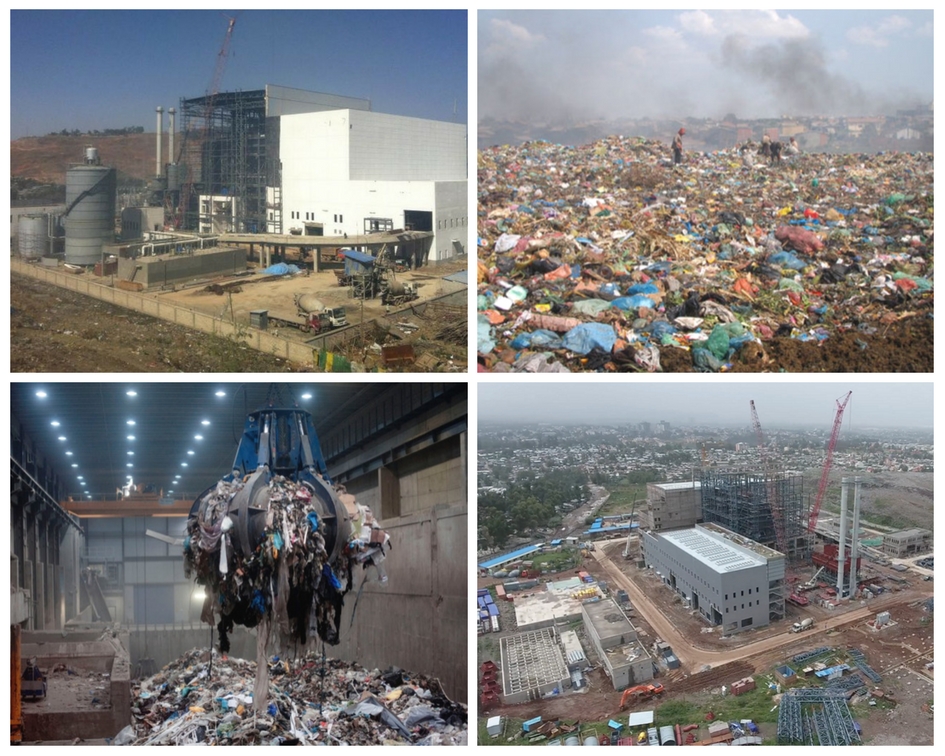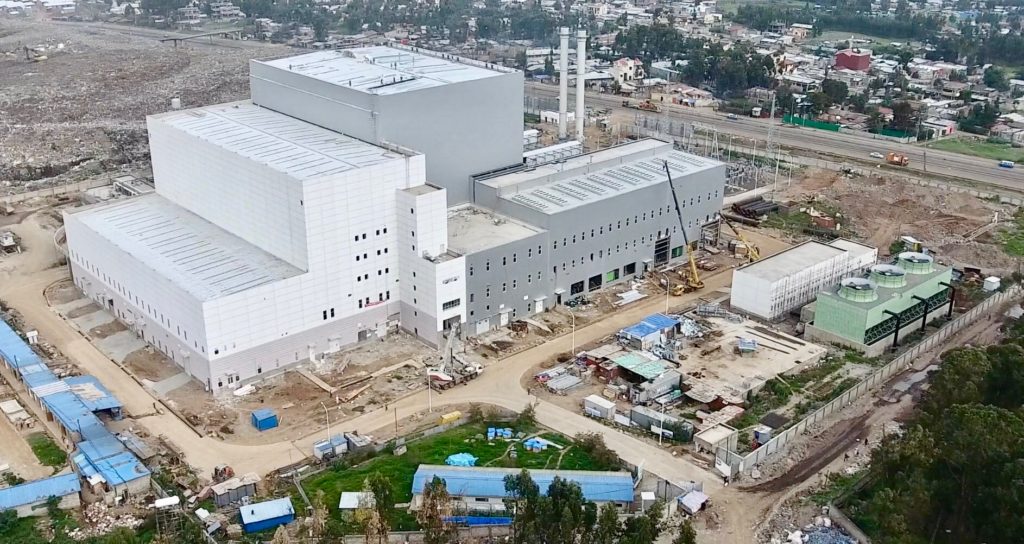
Waste management – the collection, management and disposal of solid waste – is one of the biggest challenges facing many African countries.
For the last fifty years, the Koshe dump site has been the only landfill in Addis Ababa, the capital of Ethiopia.
Landslide in 2017 prompts government to take action
In 2017, a landslide on the dump site killed more than a hundred people, prompting the government to take action. Now Koshe is being turned into a waste-to-energy plant transforming the site and revolutionising the city’s approach to waste management. The plant will incinerate 1 400 tons of waste per day – about 80 percent of the city’s rubbish. The electricity that is generated will supply Addis Ababa with 30 percent of its household electricity needs while meeting European standards on air emissions.
The facility, which is the result of a partnership between the Government of Ethiopia and a consortium of international companies, is the first of its kind in Africa. Zerubabel Getachew, Ethiopia’s deputy permanent representative to the United Nations, said the Reppie Waste-to-Energy project is just one component of Ethiopia’s broader strategy to address pollution and embrace renewable energy across all sectors of the economy.
“We hope that Reppie will serve as a model for other countries in the region, and around the world.”

In waste-to-energy incineration plants, rubbish is burned in a combustion chamber. The resulting heat is used to boil water until it turns to steam, which drives a turbine generator that produces electricity.
In cities where land is in short supply, “waste-to-energy” incineration saves precious space, generates electricity, prevents the release of toxic chemicals into groundwater, and reduces the release of methane – a potent greenhouse gas generated in landfills – into the atmosphere.
Waste incineration is popular in Europe
Waste incineration is popular in Europe, where nearly one-quarter of all municipal solid waste is incinerated. France has 126 waste-to-energy plants, while Germany has 121 and Italy 40.
The project is the result of a partnership between the Government of Ethiopia and a consortium of international companies: Cambridge Industries Limited (Singapore), China National Electric Engineering and Ramboll, a Danish engineering firm. The consortium was established to design, construct and in some cases own waste-to-energy facilities customised for Sub-Saharan Africa. Reppie is the first of what the consortium hopes will be a series of such facilities in major cities across the region.
https://risingsunchatsworth.co.za/108256/enviro-monday-ethiopia-leads-africas-first-waste-energy-plant/




